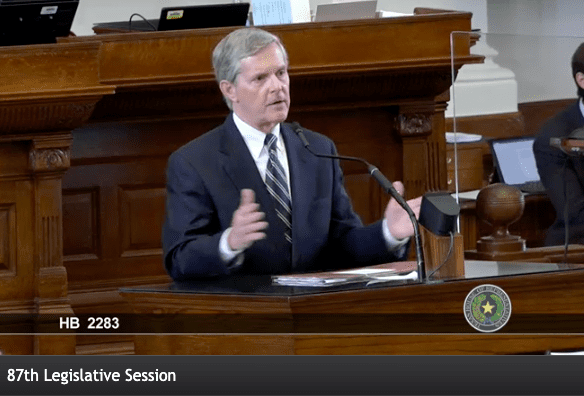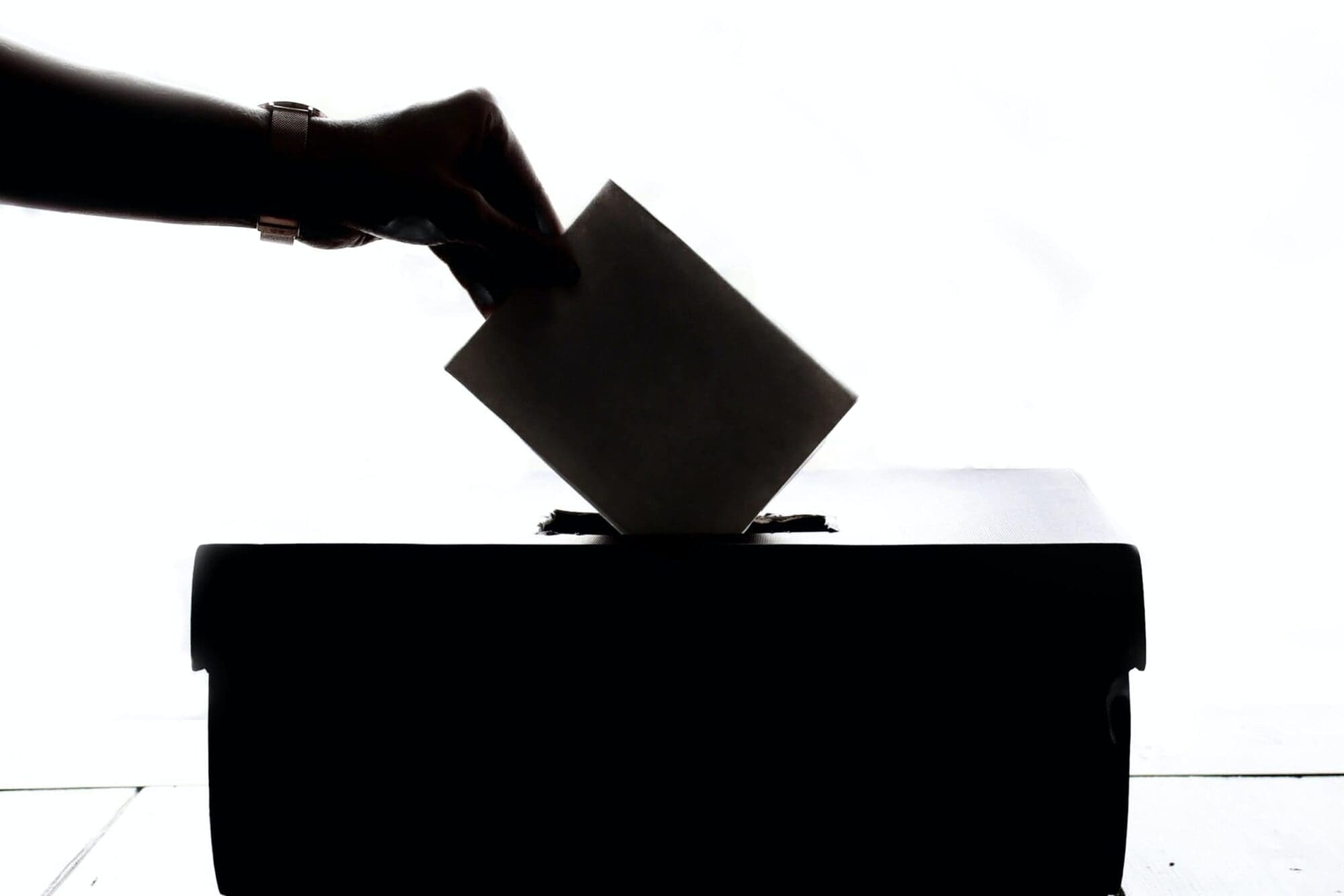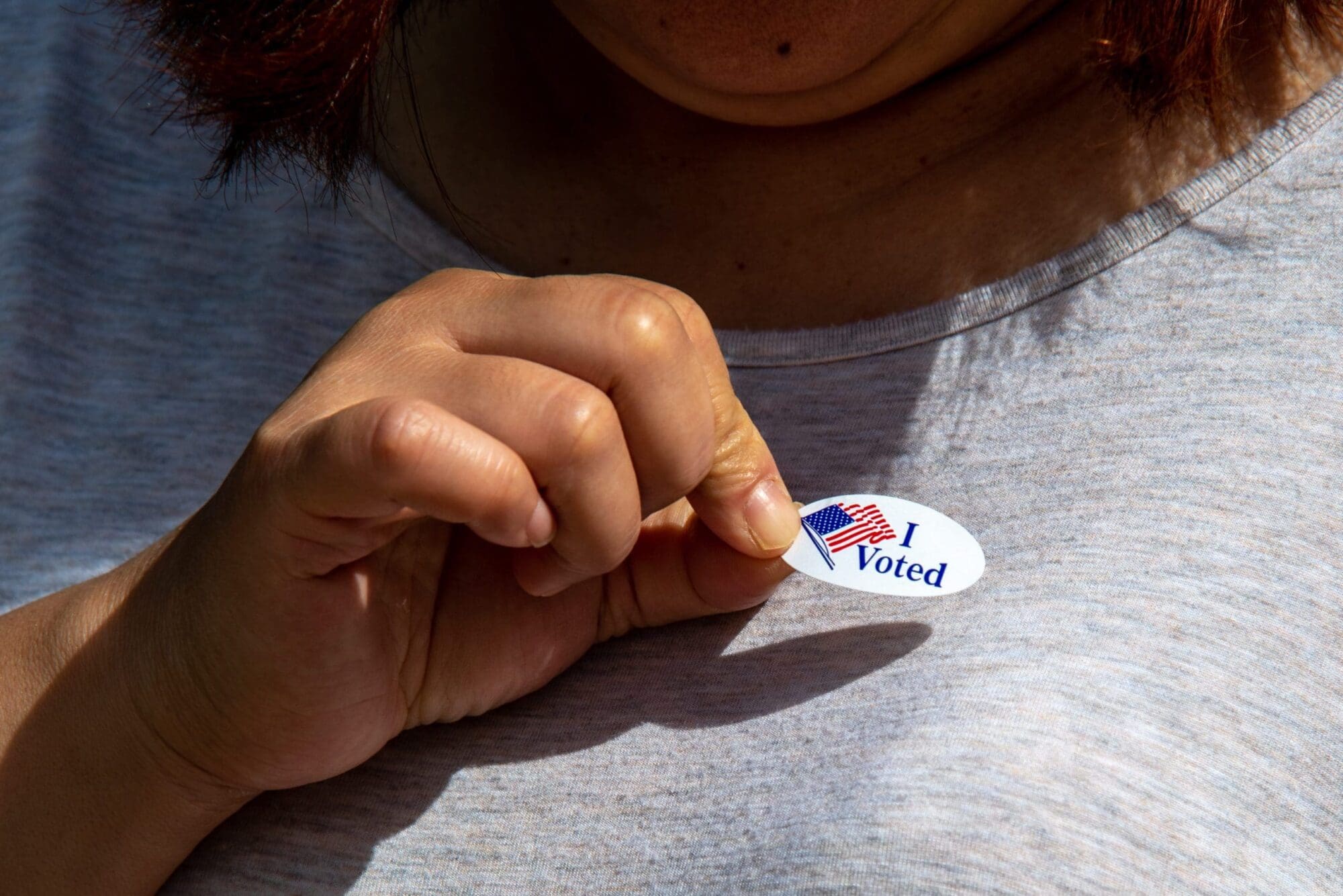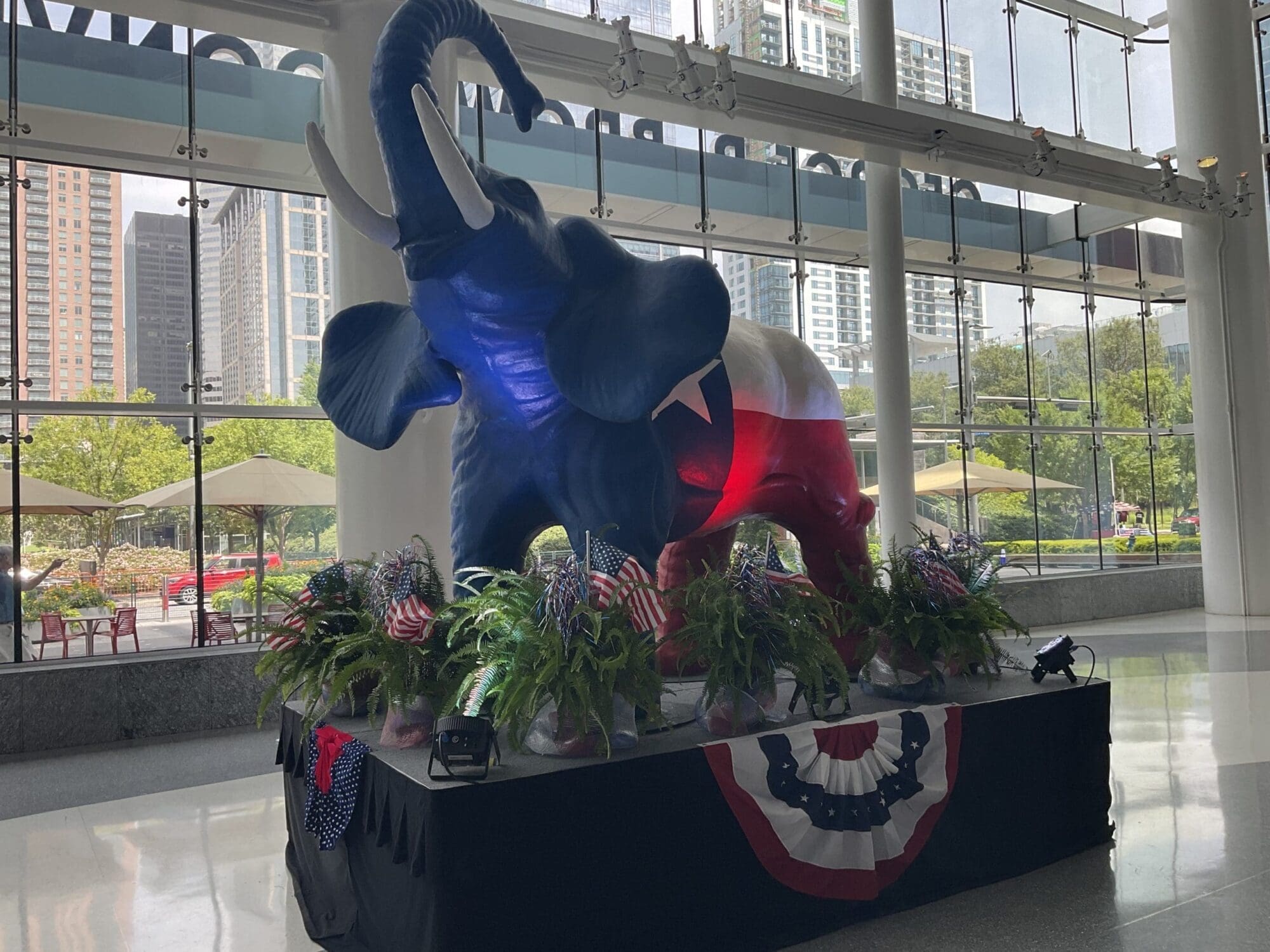Today, Texas lawmakers advanced a bill that would ban the use of private money to administer elections, which one expert called “the single most important election integrity measure” state legislatures can enact.
Millions in outside cash funneled to select local election offices last fall had an unprecedented influence on voting in 2020.
“This really is a bipartisan election bill,” said State Rep. Phil King (R–Weatherford), who authored the bill. “When money flows in from outside sources, it’s just rife for corruption from all sides.”
The Texas House voted Thursday to pass House Bill 2283 by a vote of 89-52.
HB 2283 prohibits county officials from accepting private third-party contributions of more than $1,000 for the purpose of administering elections.
In-kind contributions of food and beverages for election workers or space for polling places are excepted, as are any state or federal funds.
“The intent of the bill is to stop cash from coming in,” King said Wednesday during a House discussion on the bill. “This is third-party money that literally could come from another nation. … It is not an appropriate means of funding elections.”
In 2020, county election administrators across Texas received more than $36 million in outside cash from Facebook founder Mark Zuckerberg, in the form of grants to “promote safe and reliable voting” during the Chinese coronavirus outbreak.
The Texas grants were part of $400 million Zuckerberg funneled to local election administrators nationwide, primarily through the Center for Tech and Civic Life, a nonprofit run by Obama-era Democrat political operatives that decided who would receive the cash.
In Texas and elsewhere, the huge cash infusions boosted budgets of select election offices, funding the donors’ preferred voting processes and skewing turnout and results in targeted areas.
The bulk of Texas ZuckBucks went to election offices in Dallas and Harris, Democrat-dominated counties that account for almost a quarter of all registered voters in the state.
Dallas County received $15 million, the single largest grant awarded and more than double the annual budget of the county’s elections department.
Then-Dallas County Elections Administrator Toni Pippins-Poole served on the CTCL advisory committee at the time the grants were approved.
“All of the money came from one entity in Chicago,” King said. “The philosophy we’ve had in Texas is elections should be funded by the government in a very transparent process. This is dangerous and rife for corruption.”
HB 2283 will now go to the Senate for consideration.
Texas Scorecard is tracking the progress of key election integrity bills in the House and Senate.
Bill details and resources to help citizens participate in the legislative process are available at Texas Legislature Online. Texans can contact their elected officials with questions or comments.





